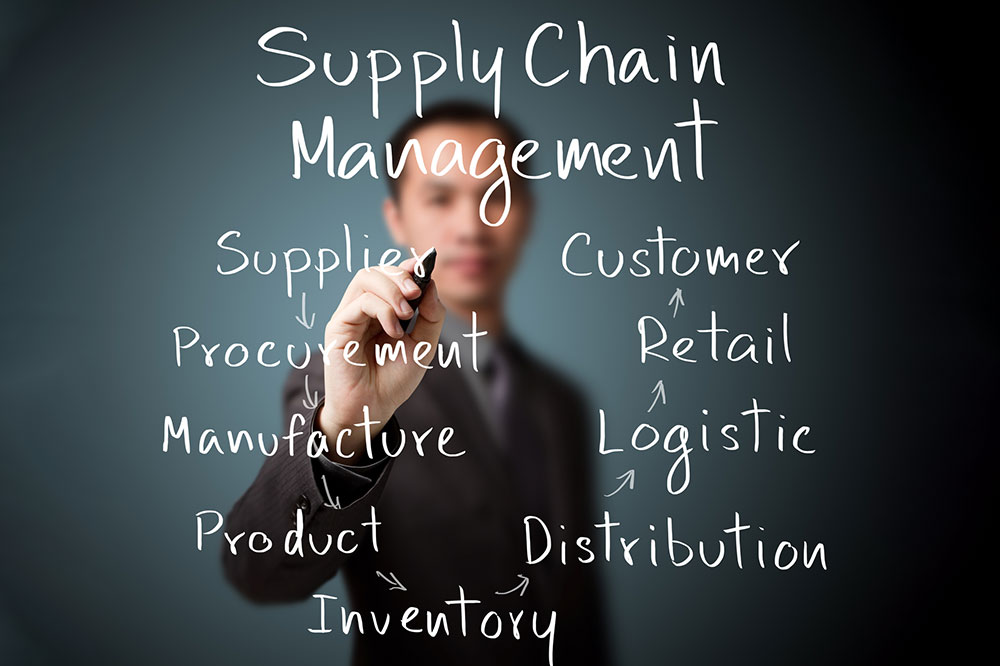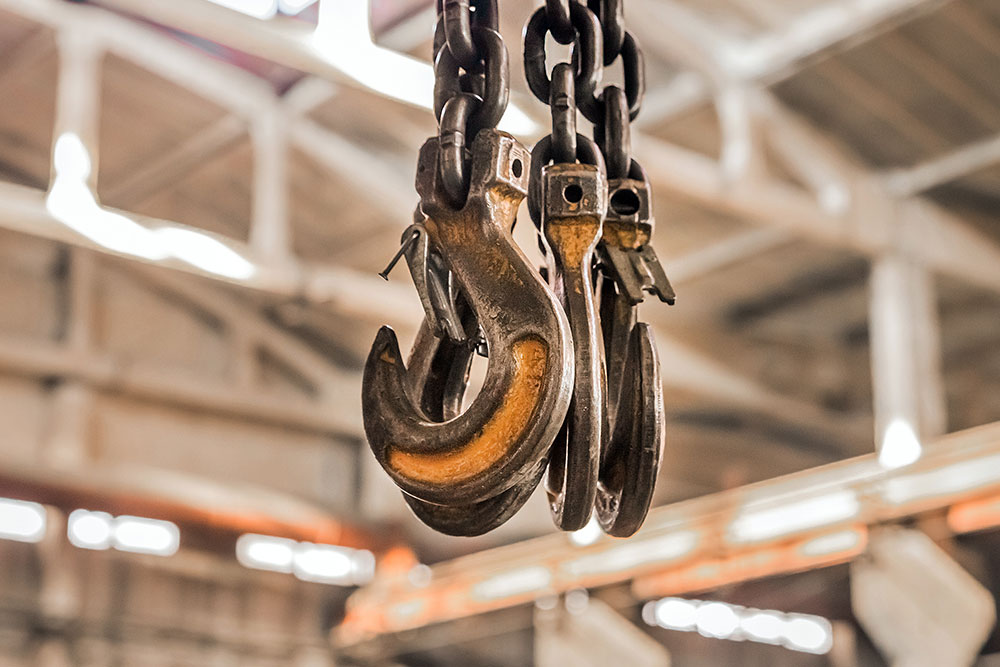Optimizing Supply Chains with Third-Party Logistics Solutions
Discover how third-party logistics providers streamline supply chain management, reduce costs, and boost delivery speed. This guide offers tips for selecting the right 3PL partner to help your business grow efficiently. Partnering with experienced logistics companies grants access to advanced technologies and extensive networks, enabling faster deliveries and cost savings. Whether you're a startup or expanding enterprise, leveraging 3PL services can optimize operations, improve customer satisfaction, and free up resources for strategic growth. Learn key considerations when choosing a reliable logistics partner to support your business success.

Enhancing Business Efficiency Through Third-Party Logistics
For retailers aiming to improve their logistics operations—including storage, order processing, inventory control, shipping, and returns—they often partner with specialized providers known as third-party logistics (3PL) companies or e-commerce fulfillment centers. A 3PL provider maintains inventory across multiple strategically located warehouses, enabling faster and more affordable delivery options for customers. Managing supply chain complexities, these providers free up retailers to concentrate on expanding their business.
Advantages of Utilizing 3PL Services
1. Minimize Capital Expenditure
Unlike traditional retail ventures, e-commerce sellers do not need to invest heavily in establishing physical stores. However, they still require warehouse space for storage, packing, and shipping. Collaborating with a 3PL eliminates the need for significant upfront investments in facilities, staffing, and infrastructure.
Partnering with a 3PL simplifies storage and distribution tasks, allowing businesses to save on costs and focus on core growth activities. Managing warehousing involves hiring personnel, ensuring safety standards, upgrading technology, and handling leases, which can divert attention from strategic planning. Outsourcing these functions to a 3PL enables owners to redirect energy toward marketing and product development.
Additionally, outsourcing logistics transforms fixed expenses such as rent, salaries, and maintenance into variable costs, billed based on actual order volume. This flexibility helps businesses handle fluctuations in demand more efficiently, especially during seasonal sales or slow periods.
2. Focus on Business Growth
Handling daily logistics can be resource-intensive, taking away valuable time and focus from expansion strategies. Partnering with a 3PL allows owners to dedicate efforts elsewhere, such as marketing, innovation, and customer engagement. It is particularly beneficial for startups and growing small businesses seeking scalable logistics solutions.
3. Cost Optimization with Variable Expenses
In-house logistics setup incurs fixed costs regardless of sales performance, which can strain finances during downturns. A 3PL model charges businesses based on order volume, offering greater financial agility. This approach reduces financial risks during low-sales periods.
4. Reliable and Rapid Delivery
Partnering with experienced 3PL providers grants access to their extensive network of warehouses nationwide and, sometimes, internationally. This widespread presence enables faster delivery times—even within one to two days—and expands reach to distant locations or global markets.
5. Access to Cutting-edge Fulfillment Technologies
Maintaining advanced logistics technologies such as automated picking systems, RFID tracking, and sophisticated order management software can be costly. 3PL companies invest in these innovations, providing their clients with technological advantages without direct investment, ensuring faster, more accurate deliveries.
6. Cost Savings Opportunities
3PL providers negotiate bulk shipping rates and handle logistics for multiple clients, passing savings to their partners. Additionally, they reduce costs associated with infrastructure, staffing, and logistics technology, offering an economical solution for growing businesses.
Guidelines for Selecting the Right 3PL Partner
Evaluating a 3PL’s capabilities begins with examining their infrastructure—such as the number and locations of warehouses—and ensuring they align with your shipping needs and expansion plans. Smaller businesses may prefer nearby centers for easier management. It’s also crucial to assess the technology employed to ensure seamless order processing and minimize errors.
Reputation matters. Choose providers with positive reviews and proven experience in logistics. Leading firms like FedEx, DHL, and C.H. Robinson are reputable options with established global networks that can support your business growth.









